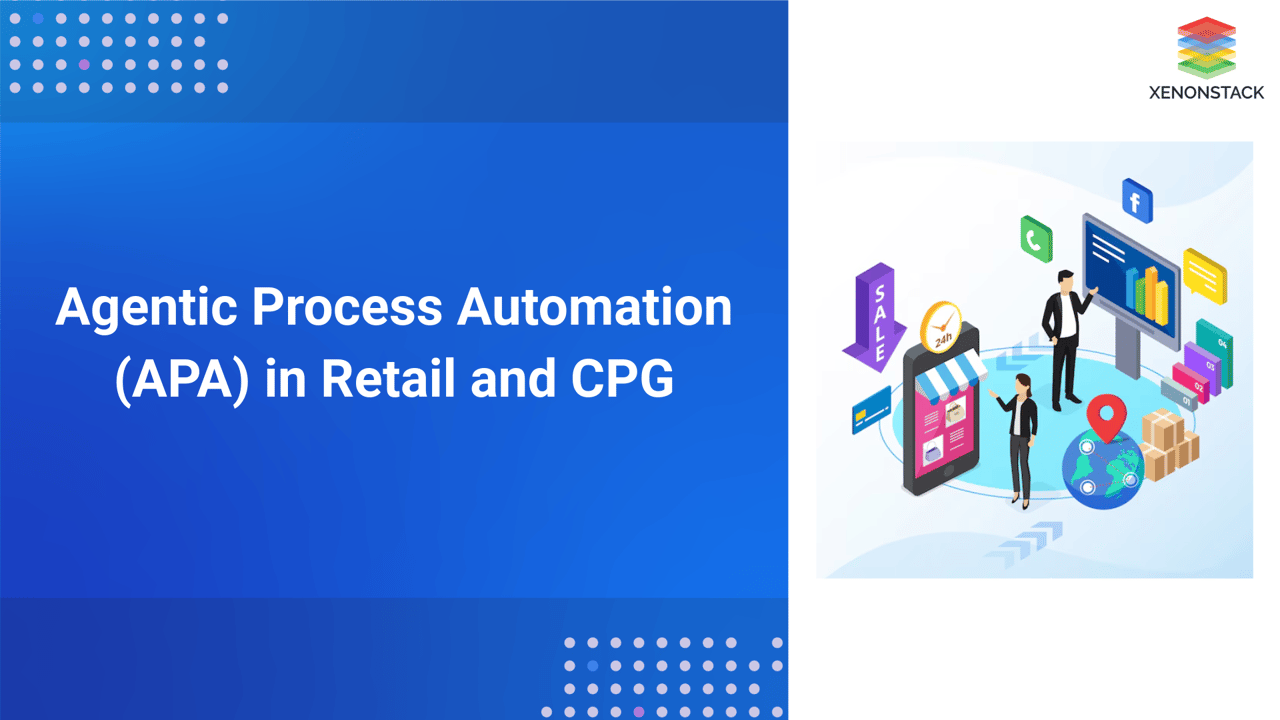
What is Agentic Process Automation (APA)?
Agentic Process Automation (APA) is the intelligent automation of interconnected business processes through advanced technology. Unlike traditional task-oriented automation, APA focuses on process orchestration and ensures that systems can operate as hands-off as possible. Leveraging cutting-edge AI and machine learning in retail, APA improves operational efficiency, reduces costs, and enhances decision-making through real-time data insights.
Why APA Matters in Retail and CPG
The retail and CPG industry operates in a fast-paced environment where managing stock, logistics, customer service, and sales forecasting directly impacts profits. APA automates these critical functions, providing benefits such as:
-
Faster operations: Automating routine tasks reduces bottlenecks.
-
Cost efficiency: Streamlining agentic workflows eliminates resource waste.
-
Improved customer experience: Personalization, supported by AI agents in retail, drives customer loyalty.
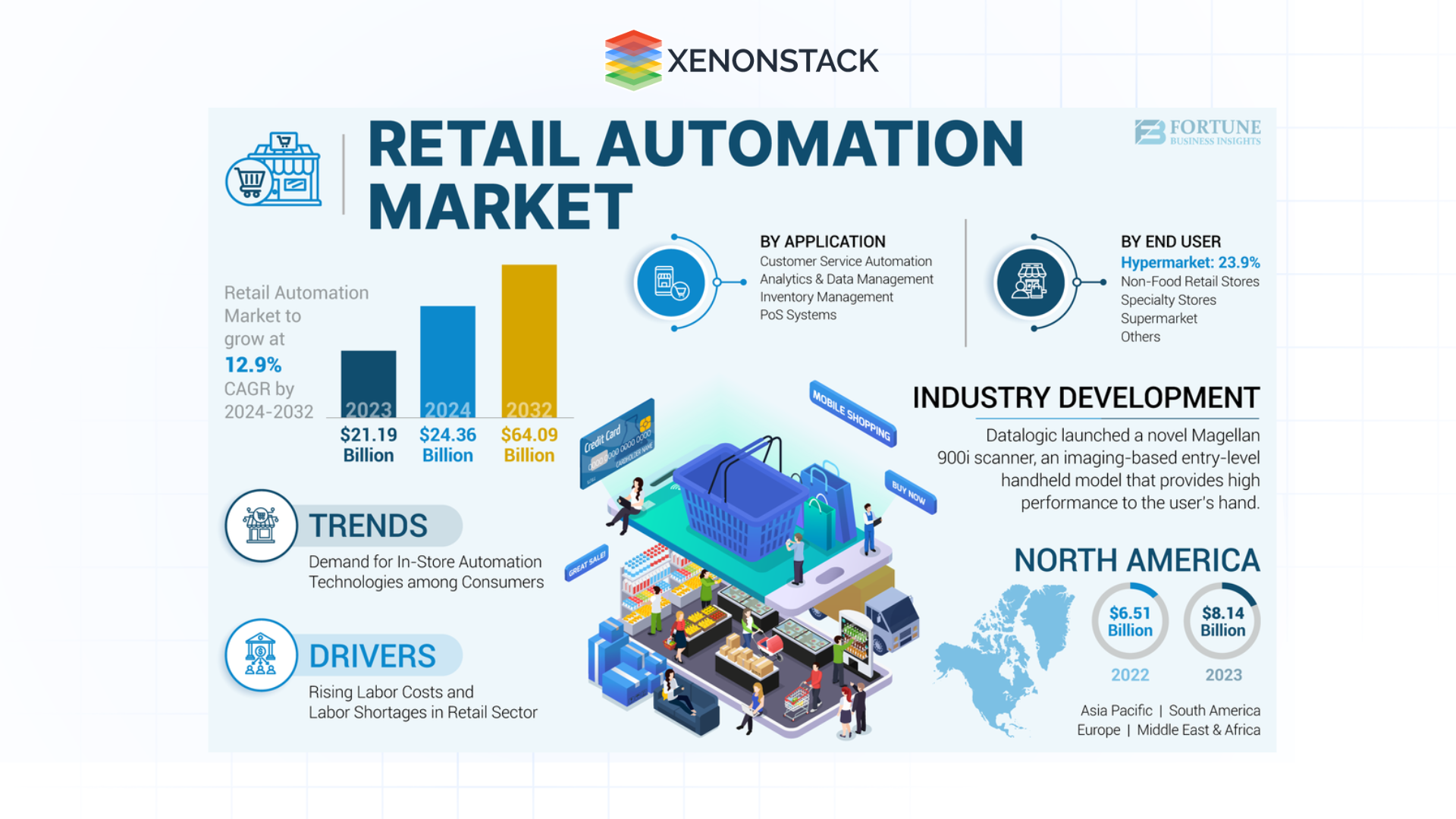 Figure 1: Growth in Personalized Marketing and Customer Engagement Demand
Figure 1: Growth in Personalized Marketing and Customer Engagement Demand
In a world that demands operational agility and customer experience automation, APA is the key enabler for driving intelligent automation and innovation in the CPG sector.
Use Cases for Agentic Process Automation in Retail and CPG Sectors
The comparison between agentic process automation (APA) and robotic process automation (RPA) highlights their unique approaches. While RPA automates repetitive tasks based on predefined rules, agentic automation integrates AI for decision-making, adaptability, and predictive insights, making it transformative for the retail and CPG industries. Below are key use cases demonstrating APA's impact.
Inventory Management and Demand Forecasting
Problem: Retailers face challenges in Inventory Management due to fluctuating consumer demand, seasonal variations, and supply chain disruptions. Traditional systems often lead to overstocking or stockouts, resulting in higher operational costs and lost sales.
APA Solution: APA leverages machine learning algorithms to analyze historical sales data, consumer behavior, and real-time market signals. This enables businesses to adjust inventory levels dynamically, avoid overstocking, and meet market demand efficiently.
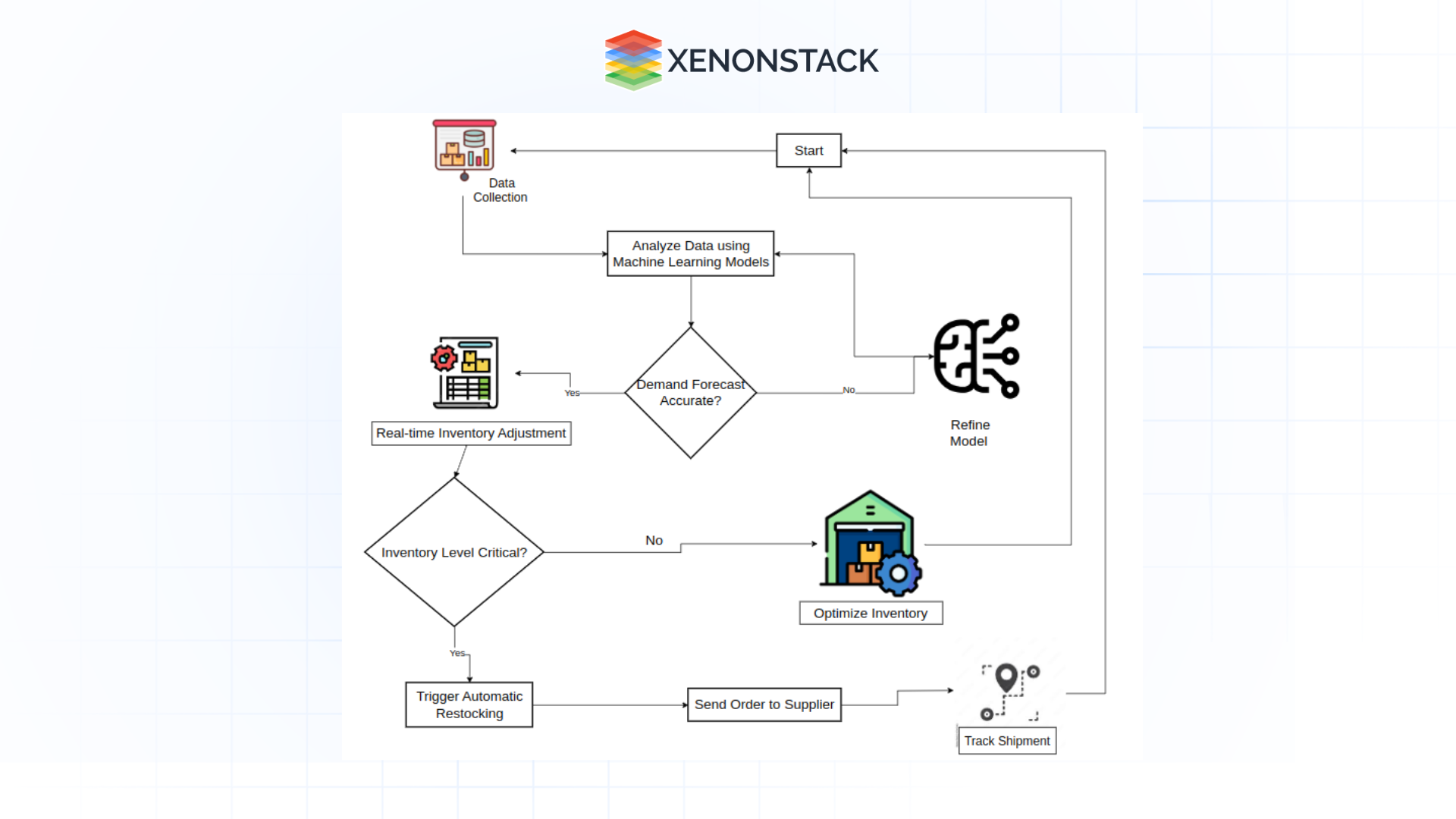 Figure 2: APA in Inventory Management and Demand Forecasting Workflow
Figure 2: APA in Inventory Management and Demand Forecasting Workflow
Major Advantages:
-
Dynamic forecasting: Sales-based and market-driven demand forecasting in real-time.
-
Independent reordering: Automatic stock replenishment based on demand analysis, reducing manual effort.
-
Optimal inventory levels: Minimized waste and reduced storage costs while ensuring product availability.
Supply Chain Logistics Automation
Problem: Supply chain complexities, such as transportation disruptions and geopolitical challenges, often result in delays and inefficiencies.
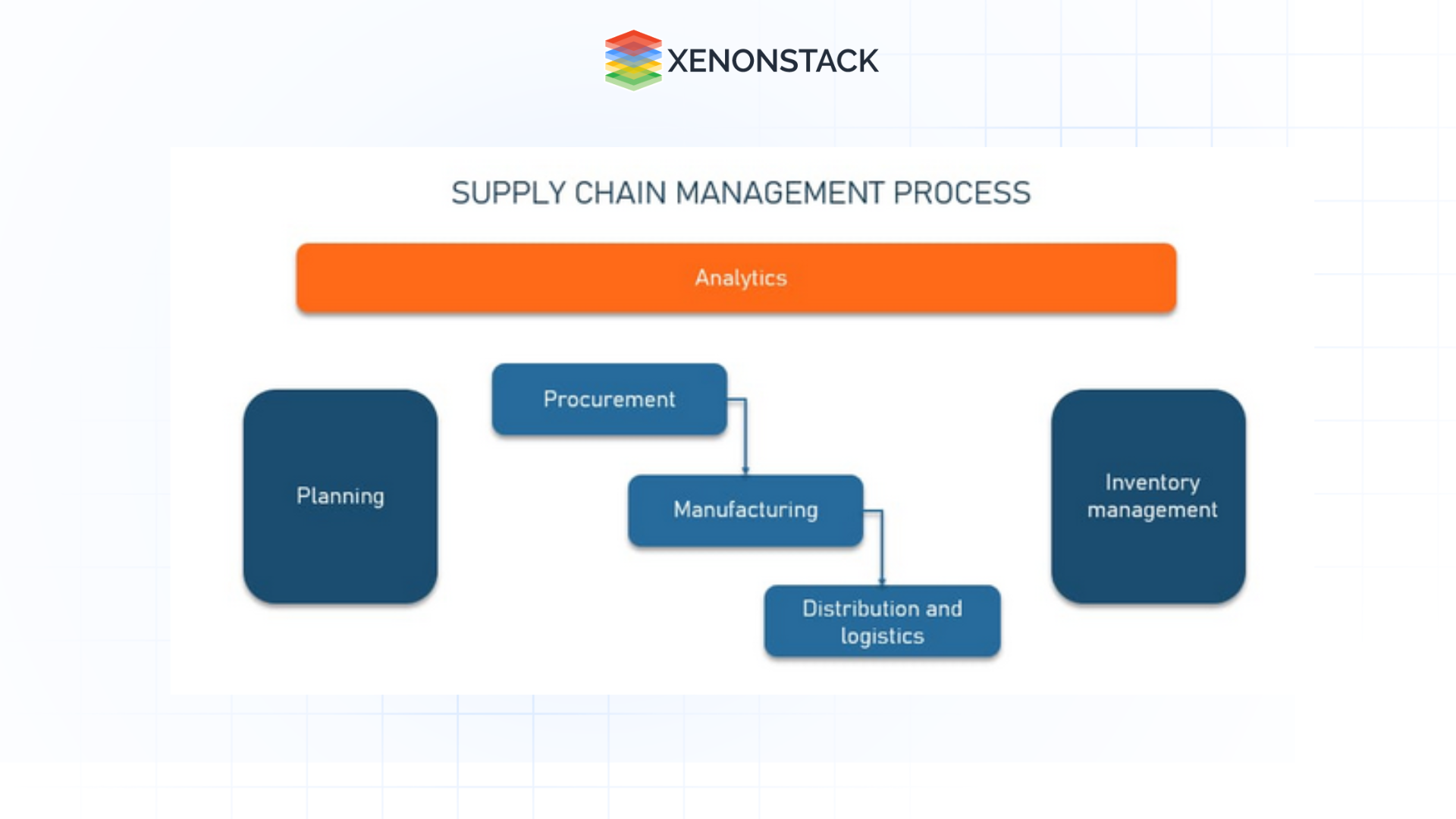 Figure 3: Supply Chain Management Process Workflow
Figure 3: Supply Chain Management Process Workflow
APA Solution: APA provides complete visibility into the supply chain, enabling autonomous agents to make adaptive decisions. Real-time data analysis helps predict weather or traffic disruptions and proactively adjusts delivery schedules and routes.
Major Advantages:
-
Predictive logistics: Identifies potential disruptions and ensures smoother operations.
-
Proactive problem-solving: Alerts supply chain managers to minimize disruptions and optimize resource allocation.
-
Cost optimization: Reduces transportation costs by identifying efficient routes and improving logistics efficiency.
Pricing and Promotion Management

Problem: Competitor actions, consumer demand, and economic conditions impact pricing strategies in the CPG industry. Traditional methods are slow to adapt, leading to missed revenue opportunities.
APA Solution: APA uses real-time market insights to implement dynamic pricing strategies. It also automates promotional campaigns based on specific triggers like consumer activity or market trends.
Major Advantages:
-
Dynamic pricing: Adjusts prices in real-time to maximize revenue.
-
Automatic campaign management: Launches personalized promotions to enhance consumer engagement and boost sales.
-
Increased ROI: Optimizes marketing efforts to deliver higher returns.
Business Analytics and Market Insights
Problem: Conventional analytics systems cannot provide real-time insights or predict future trends, limiting business agility.
APA Solution: APA harnesses AI-powered automation in retail to deliver actionable recommendations based on real-time and predictive analytics. It monitors market trends and customer behaviour, enabling businesses to stay competitive.
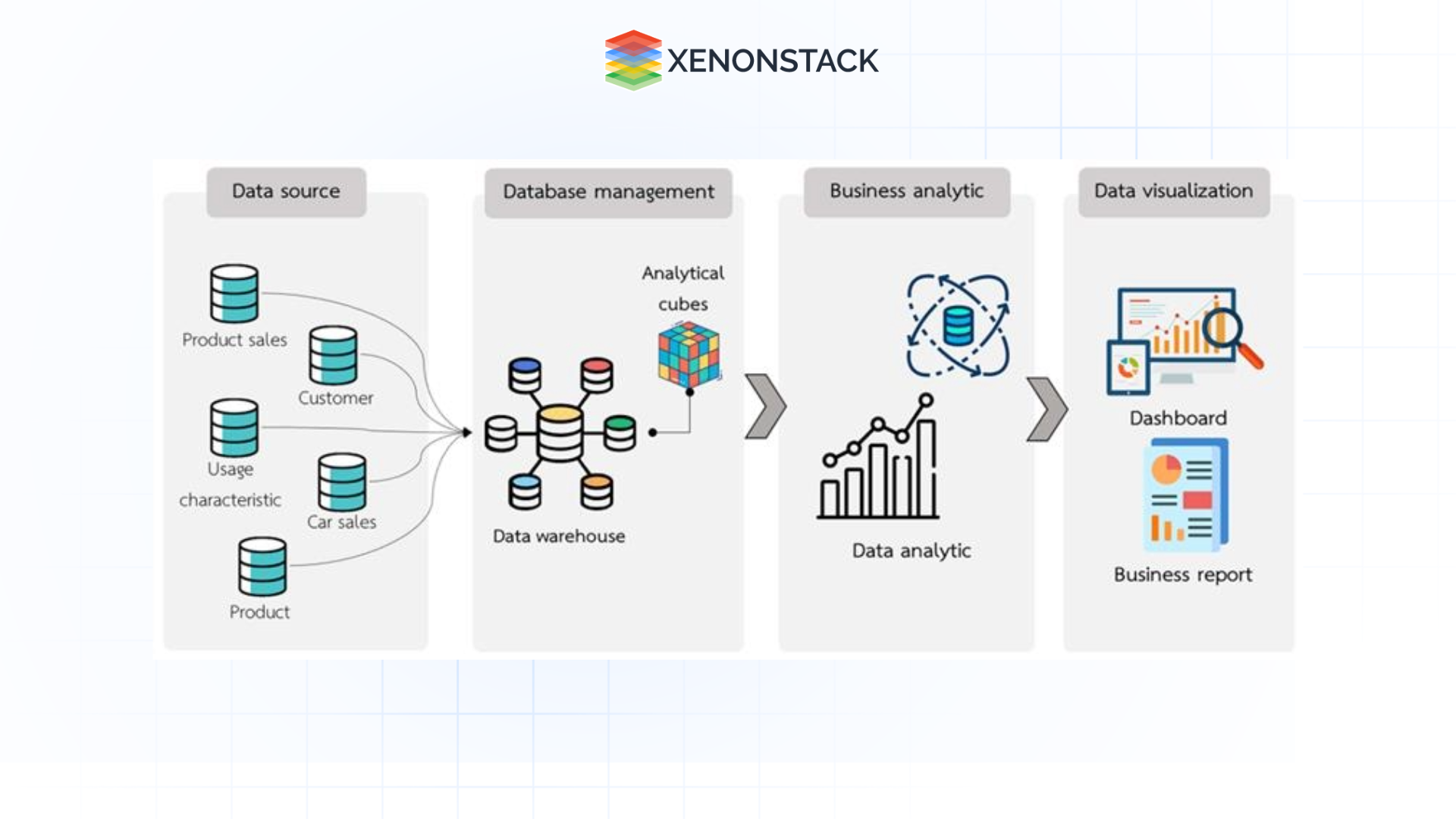 Figure 5: Typical Business Analytics and Market Insights Flow
Figure 5: Typical Business Analytics and Market Insights Flow
Major Advantages:
-
Live data analytics: Enables quick adjustments to capitalize on emerging opportunities.
-
Predictive market insights: Identifies trends for strategic decision-making.
-
Actionable recommendations: Provides insights to outperform competitors effectively.
Optimizing Retail and CPG with Process Discovery
The retail and CPG industry is typically characterized by substantial transaction volumes, relatively complex supply chains, and changing consumer demands. In such a scenario, efficiency, accuracy, and least manual efforts toward operations are all that can yield competitiveness. Such objectives can be achieved through agentic process automation, which automates tedious tasks, delivers consistency, and makes decisions backed by data. However, effective implementation of APA begins with the discovery of processes, which is the strategic identification and analysis of the business processes that could benefit from automation.
-
Business Process Identification: The repetitive processes that consume the most time are thus good candidates for automation.
-
Data Integration and APA Tools must also connect the key business systems: enterprise resource planning, client relationship management, and supply chain systems.
Framework for Setting up Automation
-
Defining workflows: Establish transparent workflows and set up triggers for seamless automation.
-
Pilot test: Testing the performance areas to further the refinement areas
-
Full rollout: APA solutions should be implemented all over the company through continuous workflow refinement by receiving feedback from employees.
Real-Life Benefits of Agentic Process Automation in Retail and CPG
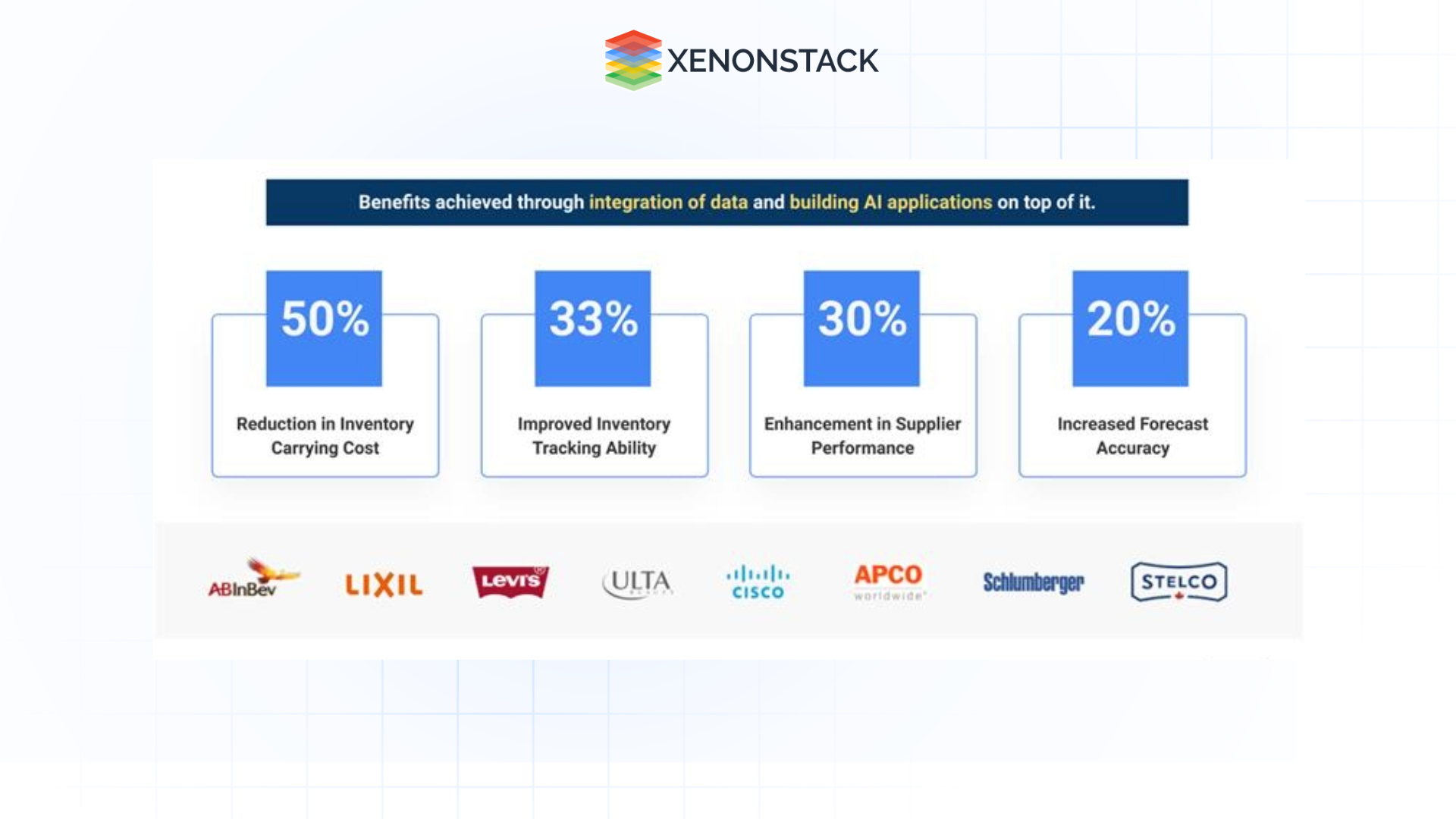 Figure 6: Benefits of APA Integration in Real Life of Retail and CPG
Figure 6: Benefits of APA Integration in Real Life of Retail and CPG
-
Operational Cost Reduction: Process simplification via APA reduces manual intervention by 35%, thus decreasing operational costs in the retail and CPG industry. Effective Strategies for Scaling APA in Organizations.
-
Scalability: APA enables seamless scalability of operations during peak seasons or market expansions, particularly in the CPG sector.
-
Better Decision Making: Real-time analytics provided by AI agents in CPG and retail enable data-driven decision-making for better agility in competitive markets. For example, during the COVID-19 pandemic, APA allowed retailers to navigate shifting demand and supply chain challenges.
-
Improved Supply Chain Resilience: APA improves real-time supply chain management, enabling faster adaptation to market disruptions like changes in demand, geopolitical events, or supply shortages.
-
Enhanced Customer Satisfaction: By automating personalization and predicting customer preferences, APA enhances customer experience and drives loyalty, boosting retention in the retail and CPG industries.
Discover here Agentic Process Automation in Logistics & Supply Chain
Read more about Agentic Process Automation in Insurance
Learn Effective Agentic Process Automation Testing
- Discover Agentic Process Automation Governance
Key Takeaways on Agentic Process Automation Implementation
Agentic Process Automation changes the face of retail and consumer goods industries when it comes to the automation of business processes such as inventory, logistics, pricing, and customer services.
APA aims to have full cycle automation to form connected systems that reduce cost, maximize efficiency, and heighten customer experience. Hence, firms that desire to outsmart the market must integrate APA into the industrialization process so that it takes the leading role in such progress as the industry unfolds. This makes the businesses grow for a long time and gives retailers good provisions for customers for a long time.
.webp?width=1921&height=622&name=usecase-banner%20(1).webp)




